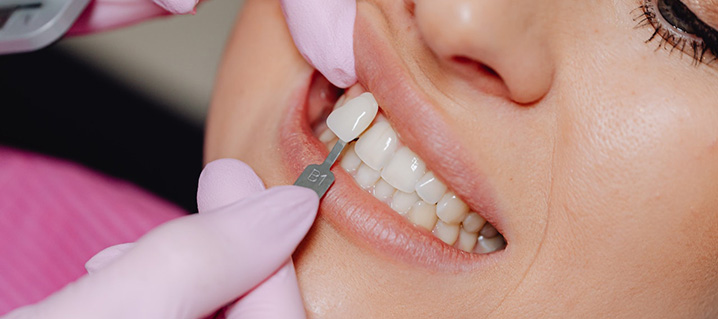What To Eat After Dental Implant Surgery UK
29 Apr 2021
6 min read
By Dr. Marco Benigni
Specialist Oral Surgeon
WHAT TO EXPECT AFTER DENTAL IMPLANT SURGERY
The ways in which dental implant surgery will affect your eating really depend on the nature of your procedure.
Care after dental implants
Let’s consider the case of a simple, straightforward implant in which there is no need for bone grafting – or even the case of two straightforward implants without the need for bone grafting.
In terms of how it affects the patient’s eating after treatment, it’s the equivalent of having a tooth extraction.
So the patient will experience some discomfort, some pain and maybe a little bit of swelling – but everything is relatively easy.
When can I eat after dental implant
There will be a couple of days of possible pain or swelling and painkillers will help. It’s all easily manageable.
And then, after the first two or three days, the patient will begin to feel much, much better.
FOODS NOT TO EAT WITH DENTAL IMPLANTS
Like any surgical procedure in the mouth, you will need to make some small changes to your diet.
So try not to eat seeds, nuts, cereals or anything that can get stuck. If you try to retrieve anything that gets stuck and you touch the area where there’s a wound, it’s going to bleed. We need to avoid that.
Diet following implant surgery
But it’s absolutely doable. So, for example, you don’t have to eat soup for a week.
If you are sensible, you can eat a relatively normal diet but, in the first instance, eat slightly softer foods.
What foods can I eat after dental implant surgery?
For example, on the same day that you have the procedure you could eat salmon fillet, mashed potato and spinach. But you should wait until it’s cooled down.
Coffee after dental implant surgery
Obviously, for the first couple of days, if you drink a hot tea or coffee, it’s not going to feel good so let things cool down.
There is a misconception that consuming food or drink through a straw would be a good idea.
It’s actually a bad idea because a straw creates a negative pressure in the mouth. If there is a clot of blood following a dental procedure, using a straw can make it come out.
In the case of a bigger or more complex dental implants procedure, there will often be more swelling.
For example, where there is a bone graft, swelling is very likely. There is also the possibility of bruising depending on the patient because some people bruise more easily than others.
The bigger the procedure, the fewer options there are – but patients can always easily find a way to eat.


